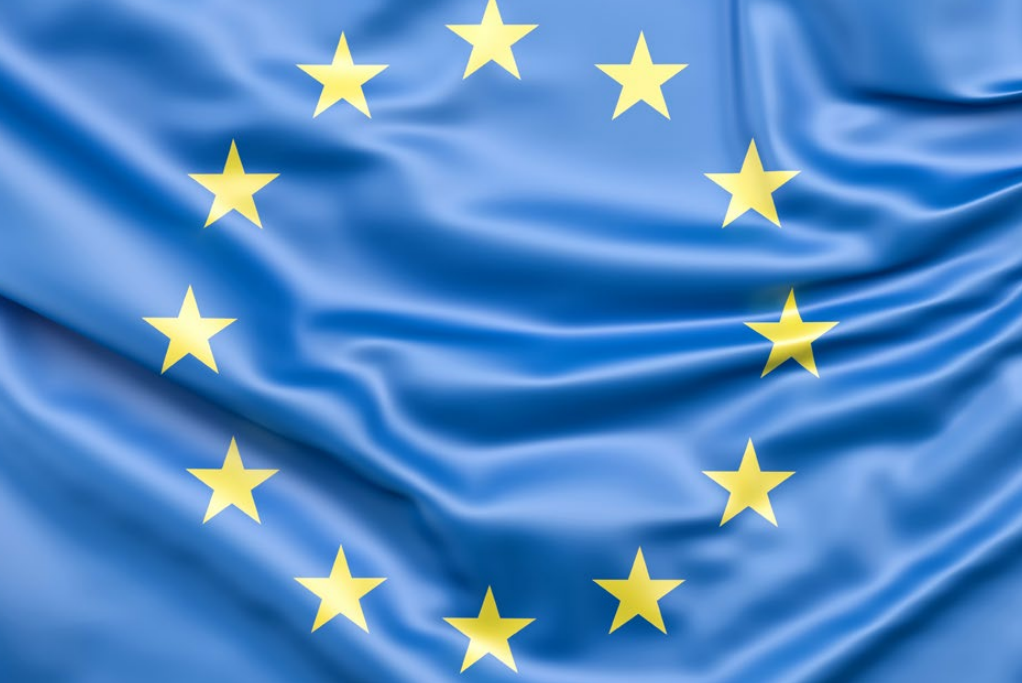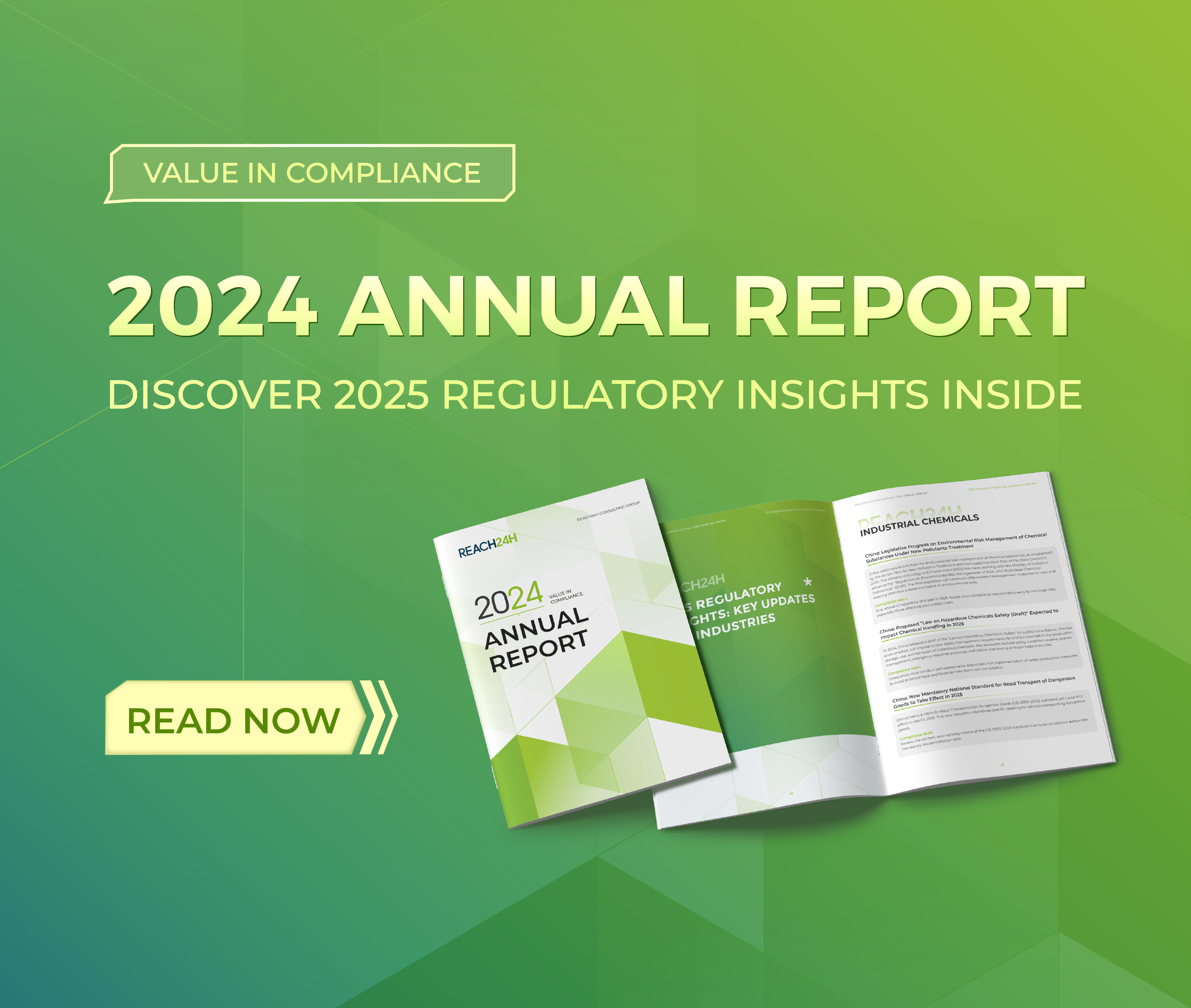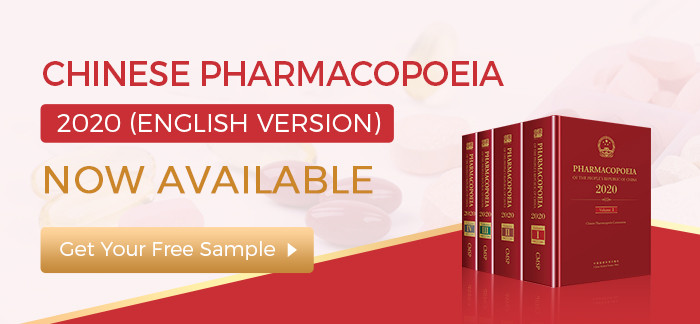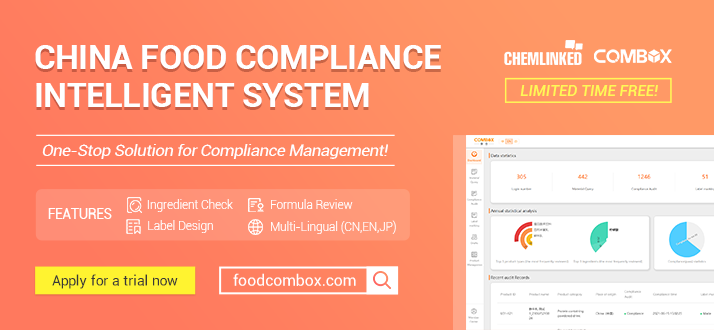EU REACH, Moving from Registration to Evaluation
One year has passed since the last deadline for EU REACH registration, and in 2019 ECHA gradually shift their focus to the second phase–Evaluation. For enterprises, there are still issues to participate after completion of registration. Some luckily received a refund of LOA fee, while others were required to pay additional fees for supplementary experiments.
According to ECHA’s work plan, the evaluation of all registered substances will last until 2027. Therefore, chemical companies that trade with Europe will not only have to transfer their registration numbers carefully to ensure the safe passage across the supply chain but also have to determine their product life cycle based on the evaluation data and carry out product upgrades complying with green and environmentally sustainable standards. Because in the long run, only green and environmentally friendly products will manage to remain competitive.
Compliance Review
2019 EU REACH: ECHA Has Been Shifting The Focus to Customs Joint Enforcement Action, Substance Evaluation, SVHC and Authorization.

EU launched the Seventh Joint Enforcement Action
In January 2019, the EU fully launched its seventh joint enforcement action, focusing on the registration of EU REACH for substances within the EU, including the registration dossier and other related obligations. At the same time, EU member states along with joint customs have also conducted a comprehensive review of REACH compliance with imported substances.
Pilot Project on Inspection of Toxic and Hazardous Substances in Consumer Products Started
In March 2019, as part of a pilot project to detect toxic and hazardous substances in consumer goods, enforcement agencies from the 16 EU member states, along with customs authorities, began to check whether imported products comply with EU REACH restrictions on hazardous chemicals such as cadmium, nickel or lead.
ECHA Together with Member States Released the First Comprehensive Regulatory Strategy Report
In April 2019, ECHA released its first Integrated Regulatory Strategy report for registered substances in the EU market in cooperation with member states. According to the data integrity of registered substances and risk management priorities, substances will be classified into three categories to determine further regulatory actions. The evaluation of all substances is scheduled to end in 2027.
SVHC List Updated to 201 Items
On July 16, 2019, ECHA officially released the 22nd batch of 4 SVHC substances, and the SVHC list was updated to a total of 201 substances.
New Requirements for Nanomaterials Will Be Implemented Starting From January 1, 2020
From January 1, 2020, new REACH requirements will be applied to nanomaterials. To this end, ECHA has updated its guidance document and the IUCLID software. Enterprises that have completed registration will need to update their dossiers according to the new requirements before January
1, 2020.
ECHA Released Information Requirements for SCIP Database
In September 2019, ECHA released information requirements for the upcoming SCIP Database (Substances of Concern In Articles as such or as part of complex objects – Products-). From 2021, enterprises will be required to submit relevant SVHC data in articles. The SCIP database is designed to
collect information on substances of high concern in articles within the EU to facilitates the safe disposal and recycling of waste, to increase the transparency of hazardous substances in articles, and to help consumers safely choose and use articles.
Pre-registration Number for Phase-in Substances to Lose Validity As of January 1, 2020
The European Commission formally clarified that the relevant terms and regulations for phase-in substances will no longer apply after December 31, 2019. This means the pre-registration number of phase-in substances will be no longer valid, and relevant enterprises will have to complete the formal registration through an inquiry from January 1, 2020.
EU Enforcement Forum’s Next Enforcement Project (REF-9) Focuses on REACH Authorization
The EU Enforcement Forum has decided that its next enforcement project (REF-9) will focus on REACH
authorization. The enforcement agency will check whether substances listed in the Authorization List should be placed on the EU market without a valid authorization and if they meet the conditions of authorized users in the authorization decision. Enforcement operations will be fully implemented
in 2021.




